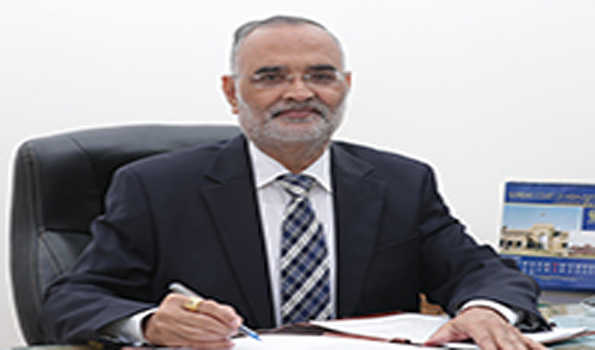New Delhi: There is nothing wrong with judges being pro-government or against the government. This happens as they may have different outlooks and approaches towards the issues before them. Ultimately it leads to the development of law, said Delhi High Court Chief Justice DN Patel here Friday.
“Some judges are pro-labour, pro-employer, pro-revenue, against revenue. Nothing is wrong. You see people are criticising… There is nothing wrong that you are pro-labour, pro-employer, pro-tenant, pro-landlord, pro-government, against the government. There is always the development of law by these types of judgement,” said Justice Patel, who will demit the office of Delhi High Court Chief Justice after attaining the superannuation age of 62 years March 12.
The Chief Justice was speaking at the farewell reference organised by the high court. He said that judges are only interpreters and are not here to make the law or to evolve a policy. So a balance has to be maintained between judicial activism and restraint informed Justice Patel.
“Whenever there is a gap between law and justice, as an exception, there is bound to be judicial activism and the same cannot be a ‘matter of role’,” Justice Patel pointed out.
“It is for Parliament (to enact laws) and in the absence of law, for the executive to draft the policy. One has to maintain the balance between judicial activism and judicial restraint,” said the judge. “And if there is any gap (between justice and law), a judge has to fill up the gap and that is known as judicial activism. That is inevitable,” he added.
Justice Patel said that the primary task of judges is to render justice through judicial orders. “Both the members of the Bar and the Bench owe a responsibility to the citizens and that each one of us is bound by mandate of the Constitution to dispense justice to the last man in the queue,” he asserted.
The senior judge also said that the quality of Bar in the Delhi High Court is par excellence. He acknowledged the monumental efforts made by the members of the Delhi judiciary to keep the judicial system running during the pandemic.
During the farewell event, Justice Vipin Sanghi said that it was because of Justice Patel’s dynamic approach that virtual hearings and hybrid hearings before the Delhi High Court were applauded by other high courts and the Supreme Court.
While Supreme Court judges retire at the age of 65 years, the retirement age for high court judges is 62.
Justice Patel was appointed as the Chief Justice of Delhi High Court June 7, 2019. He authored several landmark judgements and orders.
A bench headed by Justice Patel passed November 24, 2021 a slew of directions on the safety and security at court complexes following the September 24 shootout that killed three persons in a courtroom in Rohini Court. It directed the city Police Commissioner to undertake a periodical review of security arrangements in courts, based on security audit by an expert team, for the deployment of the requisite number of personnel and installation of gadgets.
